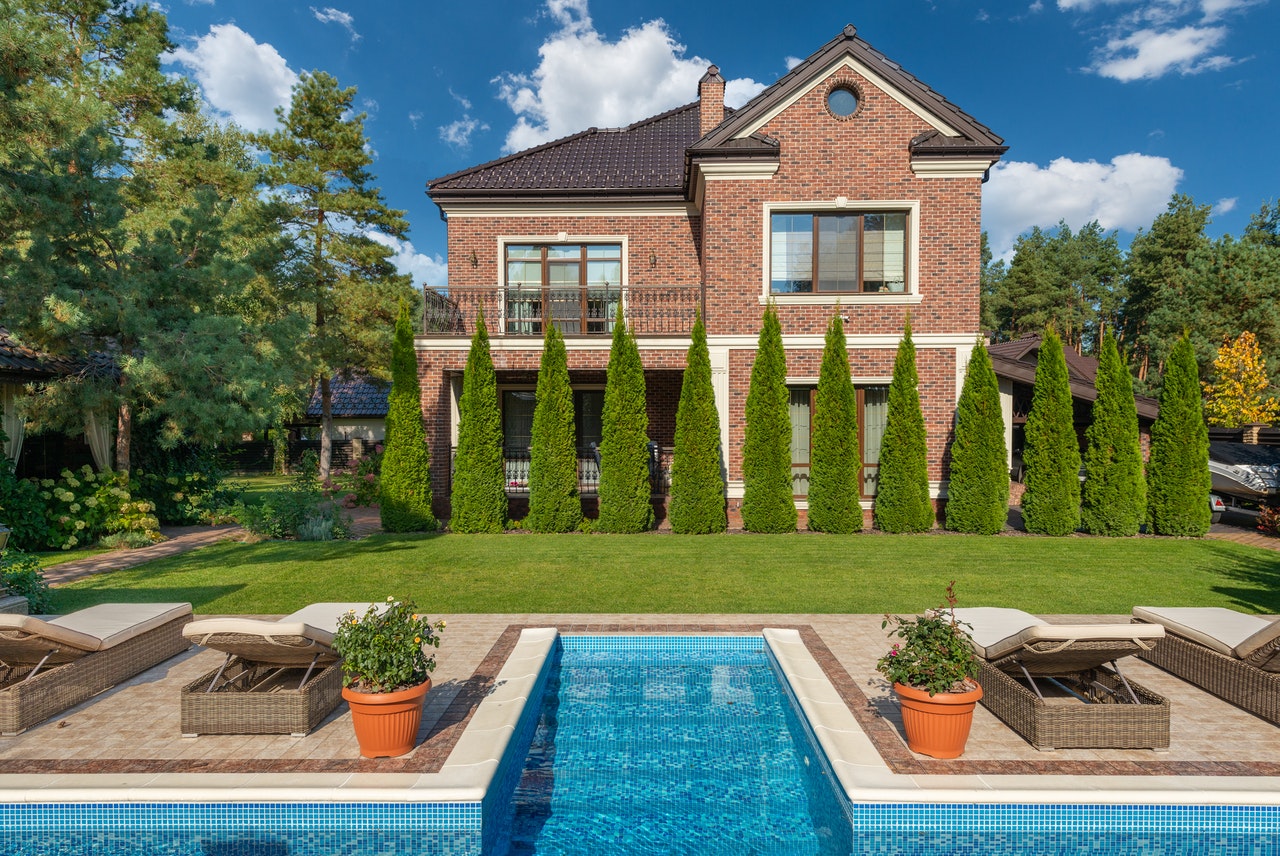
Homeowner’s Insurance
Whether you’re buying a new home or you’ve already paid off your mortgage, you may have wondered about the value of homeowners insurance. Your home is likely one of the most valuable assets you have. Homeowners insurance helps protect that investment — and you — in a variety of ways.
Here are some of the key reasons it’s important to consider having homeowners insurance.
HOMEOWNERS INSURANCE MAY BE REQUIRED
In some cases, homeowners insurance is required. For example, if you have a mortgage, your lender is most likely going to require that you have homeowners insurance, says the Insurance Information Institute (III). Before funding your mortgage or refinancing, the mortgage company will typically ask you to provide proof that your home is adequately insured. That’s because the lender wants to be sure its financial investment in your home is protected if it’s damaged or destroyed by a fire or other certain risks.
In addition to home insurance, other types of insurance may be required by mortgage companies. These different insurance requirements may be based on where your home is located. For example, if your home is located in a high-risk flood zone, you may have to have flood insurance.
If you don’t have a homeowners insurance policy, the Consumer Financial Protection Bureau states that your lender is allowed to buy insurance and charge you for the cost. Keep in mind, however, that the insurance policy the lender obtains may be more expensive than what you can purchase on your own and may offer more limited coverage.
HOMEOWNERS INSURANCE PROTECTS MORE THAN YOUR HOUSE
While a standard homeowners policy helps protect your house, it typically helps cover more than just the physical structure of your home. From your personal belongings to the shed in your backyard, or even medical bills if a guest is injured on your property, a standard homeowners insurance policy may include the following coverages:
- Dwelling coverage.
If your home and any attached structures, like a deck or garage, are damaged by a covered peril, dwelling coverage helps pay for repairs. The amount of dwelling coverage you need is usually calculated by the square footage of your house and what it would cost to rebuild your home. This is not necessarily the market value of your home.
- Other structures coverage.
The other structures coverage in your policy helps pay for repairs or replacement for detached structures on your property, like a fence or shed, if they are damaged or destroyed by a covered peril.
- Personal property coverage.
Personal property coverage helps pay to replace certain belongings, such as furniture, clothing, dishes, and electronics, that are stolen or damaged by a covered loss.
- Personal liability coverage.
If you or a family member are found legally responsible for accidentally damaging someone else’s property or injuring someone, liability coverage may help pay for related repair costs and legal fees, in addition to helping with medical bills.
- Guest medical protection.
If a visitor is accidentally injured at your home, your policy’s guest medical protection helps pay for their resulting medical bills.
- Additional living expenses coverage.
If you cannot stay in your home after a fire or other covered claim, your homeowners insurance coverage may help pay for temporary living costs, such as hotel bills.
Inquiry Form
Interested in a policy? Give us a call!
By providing a telephone number and submitting the form you are consenting to be contacted by SMS text message. Message & data rates may apply. Reply STOP to opt out of further messaging.